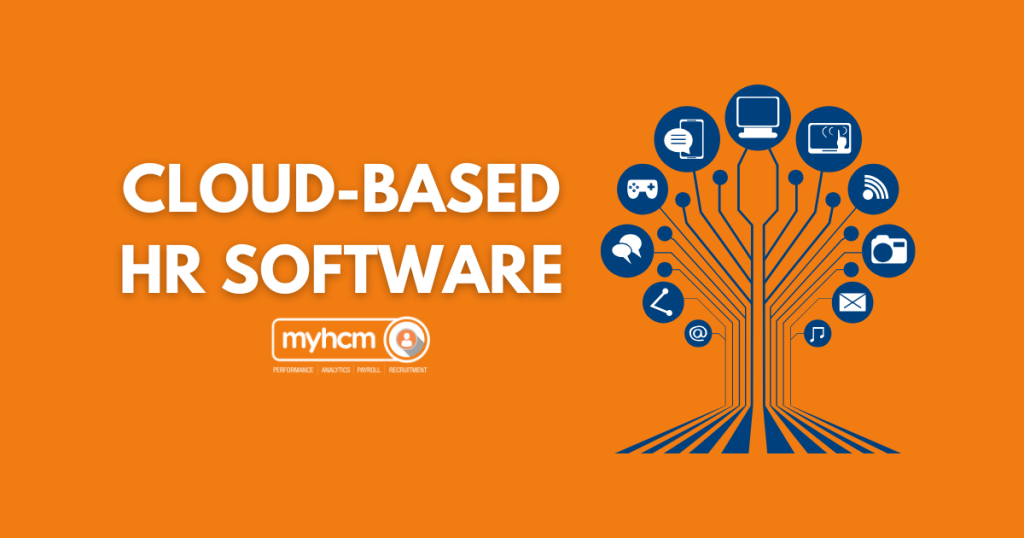Introduction to cloud-based HR software
In today’s fast-paced business environment, efficiency and flexibility are paramount. Many organizations are recognizing the limitations of traditional on-premises software. Consequently, a significant shift towards cloud-based solutions is underway. In fact, studies reveal that a vast majority of companies now utilize some form of cloud service. This trend is particularly evident in Human Resources, where cloud-based HR software offers substantial advantages. This innovative approach provides unparalleled flexibility, especially with the rise of remote work and BYOD policies. Let’s explore the compelling reasons why your organization should transition from outdated on-premises systems to modern cloud-based HR software. Understanding the core differences between these systems is the first crucial step.
Understanding On-Premise vs. Cloud-Based HR Software
On-premise HR software involves installing and managing the HR system directly on your company’s own servers and computer infrastructure. This means your organization bears the responsibility for all aspects, including installation, ongoing maintenance, and necessary upgrades. Conversely, cloud-based HR software operates on remote servers, typically within a secure cloud infrastructure. This allows your HR team to manage all HR functions remotely, accessing the system from any location with a stable internet connection. A third-party vendor typically manages the technical aspects of this cloud-based HR software, handling maintenance, regular updates, and ensuring system scalability. Therefore, adopting a cloud-based HR software solution significantly reduces the internal IT burden.
Easy Installation and Reduced Maintenance with Cloud-Based HR Software
When implementing on-premises software, your organization must utilize its own infrastructure for physical installation. This process can be lengthy and disruptive to daily operations. Furthermore, your IT department becomes responsible for its continuous upkeep. However, these offers a significantly simpler experience. Because it’s hosted online, the installation process is streamlined and managed by the software provider. It’s akin to subscribing to a service, where the vendor handles all technical support and maintenance. All that’s required on your end to leverage it’s power is a reliable internet connection. Consequently, this ease of use makes it an attractive option.
Cost-Effectiveness of Cloud-Based HR Software
The subscription-based payment model provides significant cost advantages. Your organization only pays for the resources it actually uses, offering greater control over your budget. This eliminates the need for substantial upfront licensing fees and reduces the costs associated with upgrades. In contrast, on-premises software necessitates investments in software licenses, hardware infrastructure (servers), installation processes, employee training, ongoing upgrades, critical security patches, and continuous maintenance. Therefore, the long-term cost of ownership is often lower with it. This financial efficiency makes cloud-based HR software a smart investment.
Enhanced Accessibility with Cloud-Based HR Software
One of the most significant benefits it offers is its unparalleled accessibility. With a stable internet connection, authorized users can access the entire HR system from any device, at any time, and from any location. This is particularly advantageous for organizations with remote teams, allowing employees to easily manage their attendance, track work hours, access important documents, and submit time-off requests. This level of flexibility is simply not achievable with traditional on-premise HR systems, which typically require employees to be physically present to perform HR-related tasks. Thus, they empowers a more mobile workforce.
Conclusion
In conclusion, the transition from on-premises HR software to cloud-based HR software offers a multitude of compelling advantages for modern businesses. From simplified installation and reduced maintenance to significant cost savings and enhanced accessibility, the benefits are undeniable. Moreover, the increased data security, greater customization options, high scalability, seamless integration capabilities, and improved employee engagement further solidify the value proposition of cloud-based HR software. As organizations increasingly embrace digital transformation, adopting a robust cloud-based HR software solution like MyHCM’s offering with AI features is no longer just an option, but a strategic imperative for sustained growth and success.
